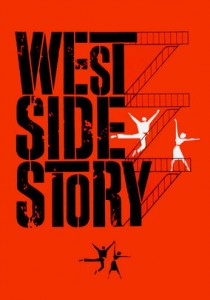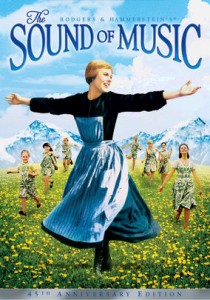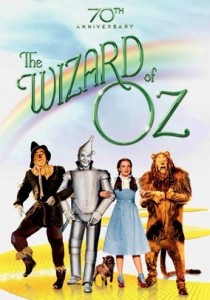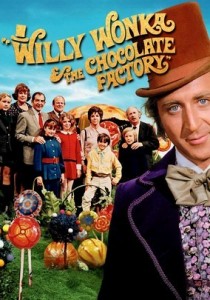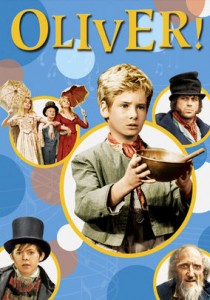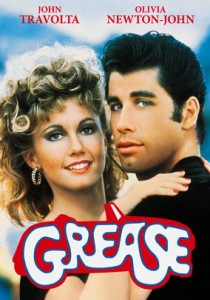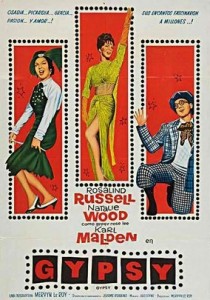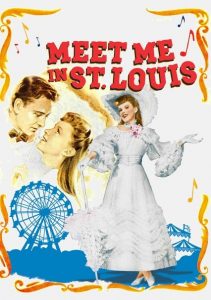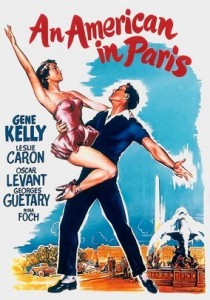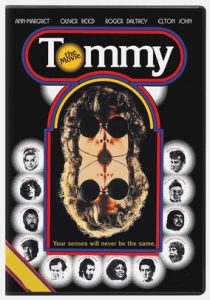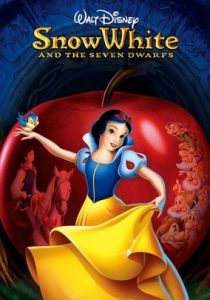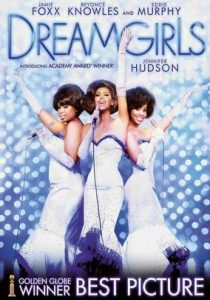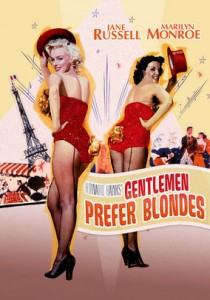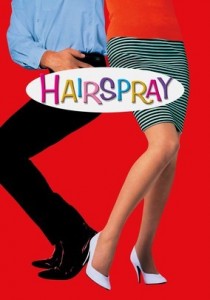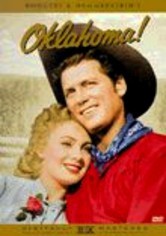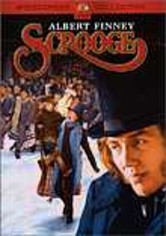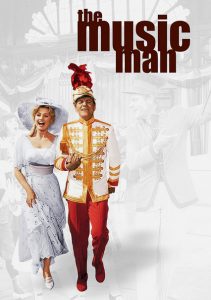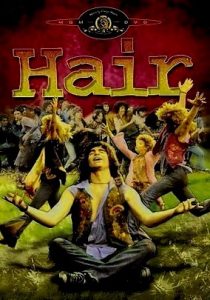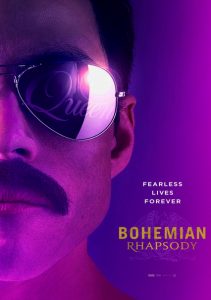Let’s Make Love-1960
Director George Cukor
Starring Marilyn Monroe, Yves Montand, Frankie Vaughn
Scott’s Review #1,520
Reviewed February 22, 2026
Grade: C+
Let’s Make Love (1960) is a mediocre musical comedy starring Marilyn Monroe in one of her last film roles. It would be her final musical film performance before she died in 1962.
Ironically, the iconic star plays a strong character, too frequently known for playing dimwits or money-hungry women. While refreshing, her role is almost a supporting turn for the star, playing a love interest to an uninteresting character portrayed by Yves Montand.
A very wealthy businessman, Jean-Marc Clement (Montand), has all the material possessions money can buy, but he has no love life. He seeks someone who loves him for who he is, not for his fortune.
One day, Clement learns that he is the subject of a satirical theater production and visits the set during a rehearsal. Unrecognized, the show’s unwitting producers offer him the part as himself, and he takes the gig to be close to the gorgeous yet down-to-earth actress Amanda Dell (Monroe).
This leads to a series of hijinks, misunderstandings, and, finally, an unfulfilling, predictable conclusion.
Monroe is terrific, of course, playing a character rich with honesty, integrity, and support for her theatre company. Amanda is not looking for a sugar daddy or a meal ticket and is content to while away the days doing what she loves on stage.
The film’s highlights occur when Monroe performs in showy outfits sparkling with glitter and color, oozing with sex appeal. Visually, she does not look as good as she did five years prior, appearing washed out and tired, but this can be attributed to knowing the personal turmoil she was in.
Numbers like the Cole Porter song “My Heart Belongs to Daddy,” and the title track, “Let’s Make Love,” are moderately memorable and, because Monroe performs them, are worth hearing.
It’s also cool to see exterior shots of New York City in the early 1960s grace the screen, and the backdrop of a low-key theatre is appealing.
I couldn’t help but find Clement’s character harshly unlikable and incapable of sympathy. We are asked to root for a rich man who wants a loving woman but doesn’t treat others very well.
When female staff who take dictation are called into his office, he isn’t particularly warm to them. His assistant, Alexander Kaufman, played by Tony Randall in a tepid performance, caters to Clement’s every whim but isn’t treated kindly in return.
In fact, the irritation is increased because the character of Tony Danton, Amanda’s boozy co-star, is very likable and a perfect match for Amanda.
Why the writers decided Clement and Amanda were better suited for each other is a mystery we’ll probably never figure out.
The biggest mistake is the lack of chemistry between Clement and Amanda, who have none. On the other hand, in the few scenes they share, Tony and Amanda have a tremendous connection.
What a missed opportunity.
Besides the main storyline, there is a silly side story about financing the production and a pissing match over who controls the theatre and its show. This was terribly unnecessary and would have been better if Amanda had been given her own side story, or better yet, a triangle between Amanda/Clement/Tony.
Troubles surrounded the production with various starts and stops, restarts, and proposed reshoots. This affects the film’s look and feel, and it’s apparent that the pacing is terribly uneven.
Even the incorporation of big stars like Milton Berle and cameos by Gene Kelly and Bing Crosby does nothing for the film.
It’s hard to believe that, aside from the outfits and musical numbers, George Cukor directed the film, since he would direct the sensational My Fair Lady in 1964.
Since I adore Marilyn Monroe, I desperately wanted to like Let’s Make Love (1960), but didn’t. The misplaced characters, the lukewarm pacing, and missed opportunities for a better story led to boredom and disappointment.
Oscar Nominations: Best Original Score



